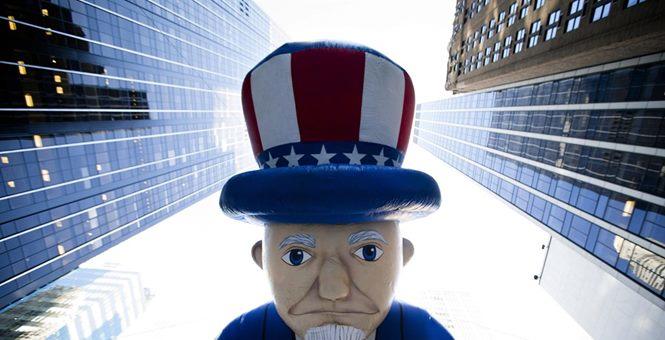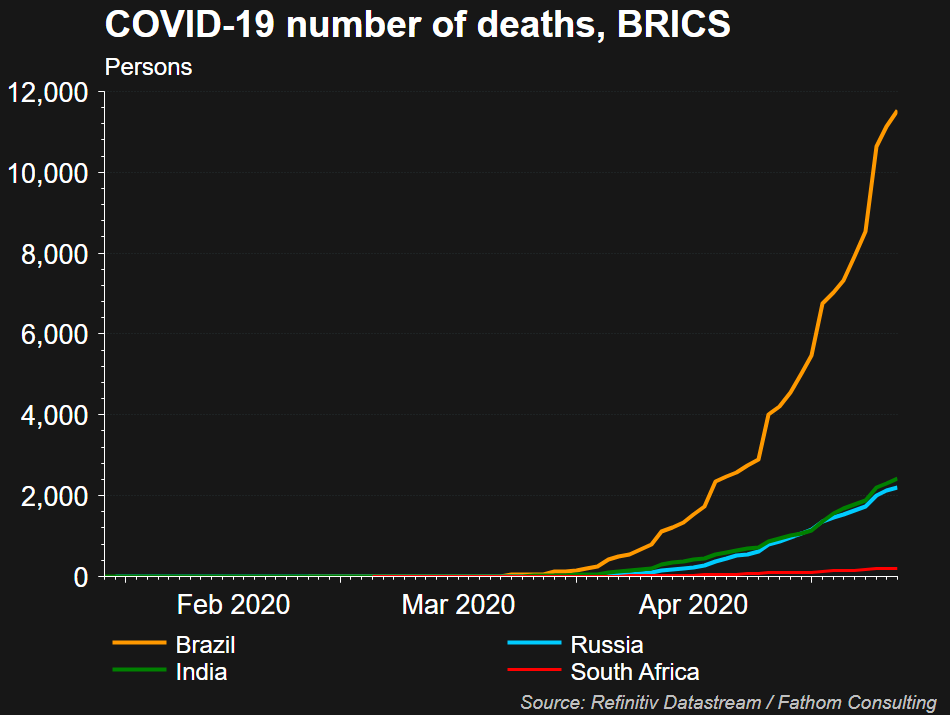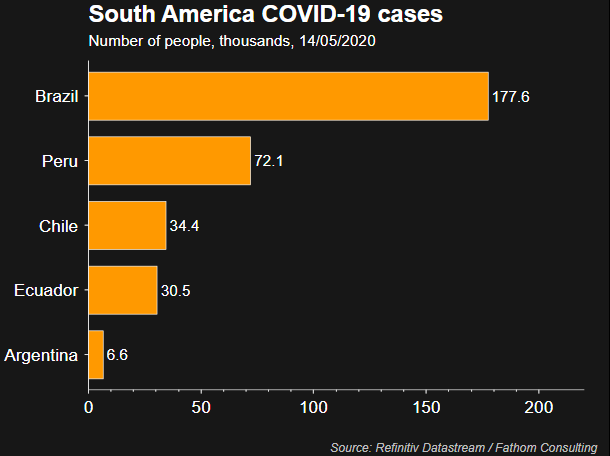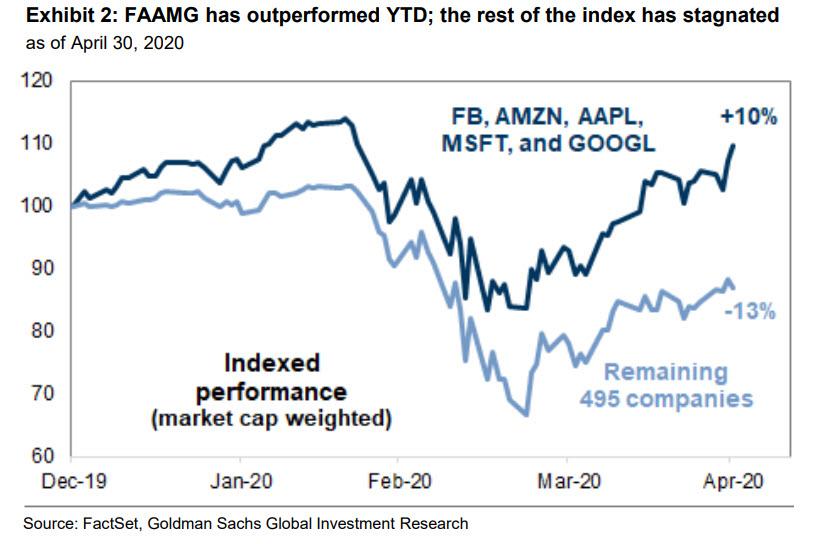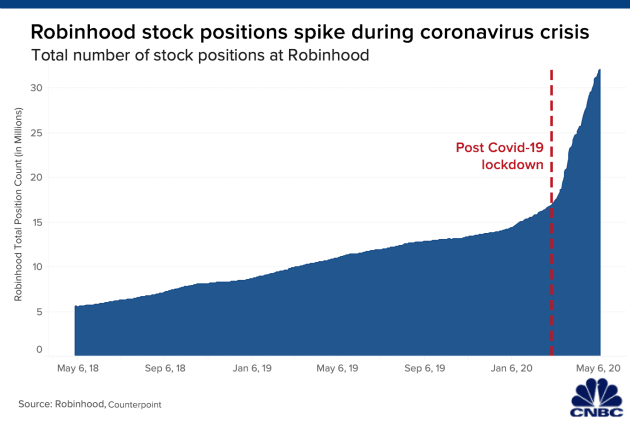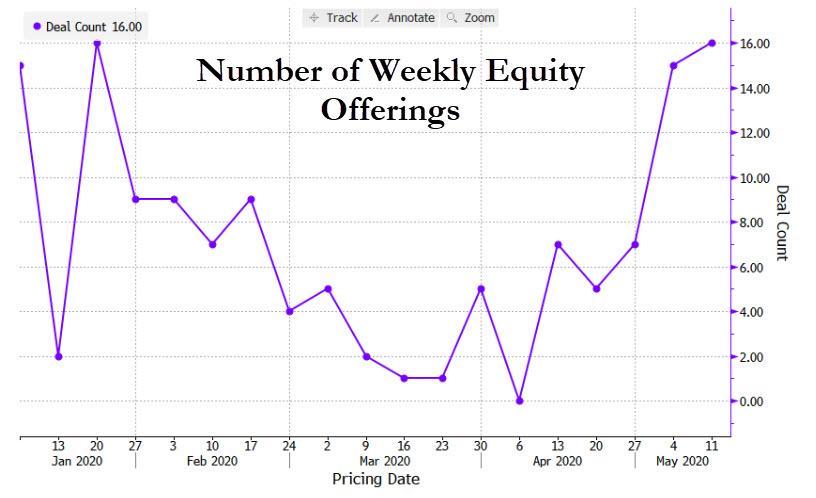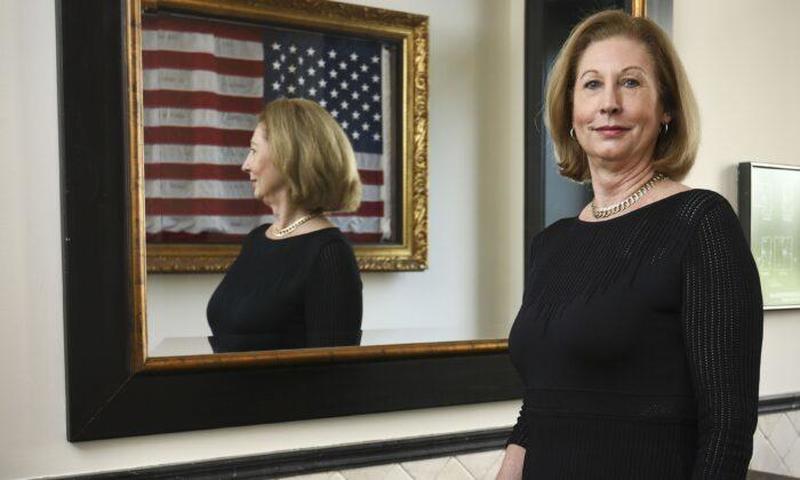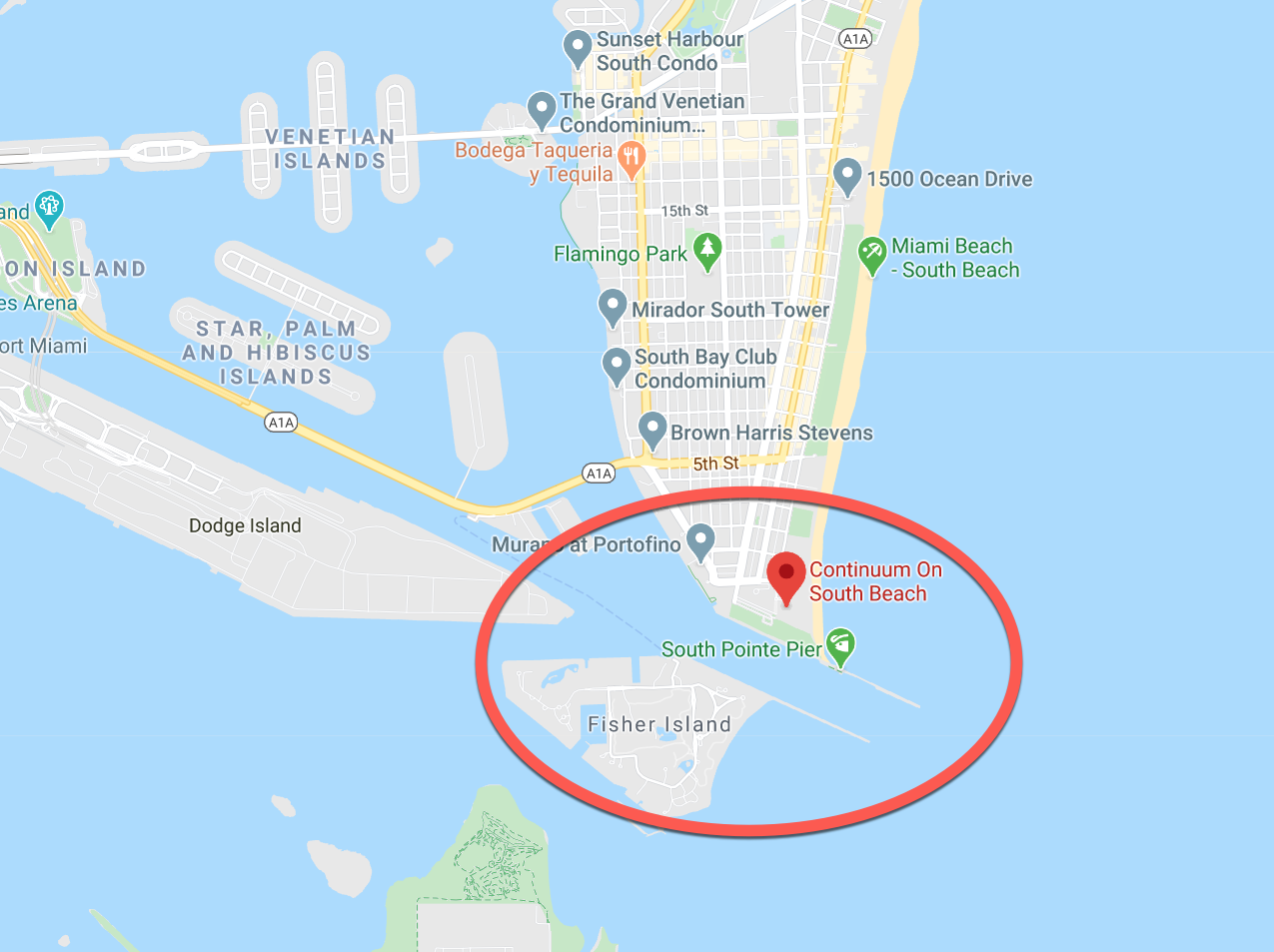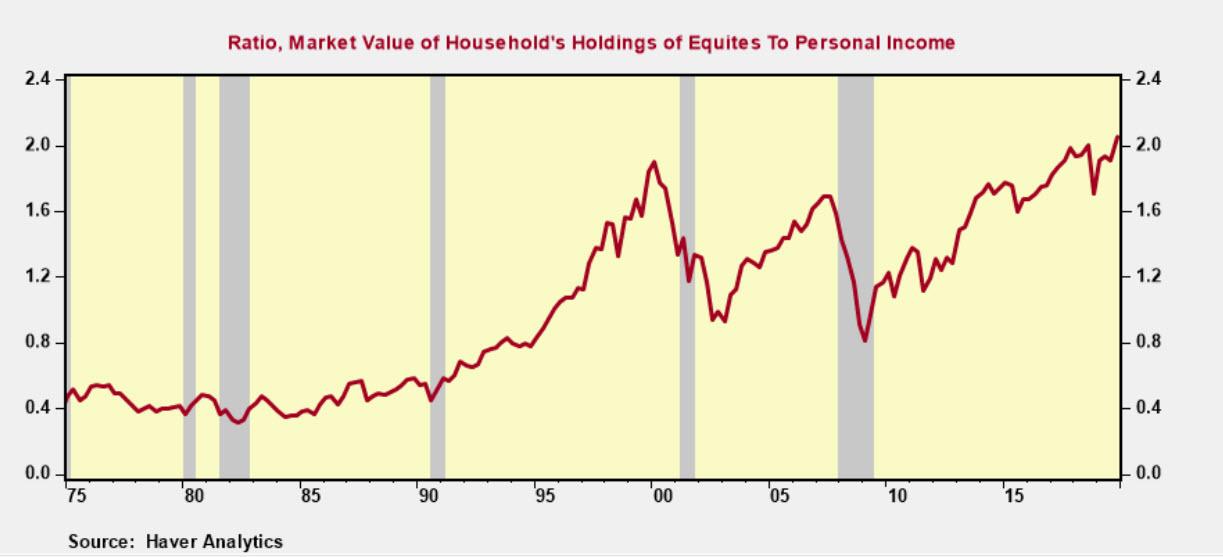Viruses Versus Lockdowns: It’s Not About Tradeoffs
Tyler Durden
Thu, 05/14/2020 – 20:45
Authored by Michael Accad via The Mises Institute,
It is tempting to oppose the harmful effects of COVID-related lockdowns with arguments couched in terms of tradeoffs.
We may contend that when public authorities promote the benefits of “flattening the curve,” they fail to properly take into account the actual costs of imposing business closures and of forced social distancing: the coming economic depression will lead to mass unemployment, rising poverty, suicides, domestic abuse, alcoholism, and myriad other potential causes of death and suffering which could be considerably worse than the harms of the pandemic itself, especially if we consider the spontaneous mitigation that people normally apply under the circumstances.
While I have no doubt that lockdown policies can and will have serious deleterious consequences, I believe that the emphasis on tradeoffs is misguided and counterproductive. It immediately invites a utilitarian calculus: How many deaths and how much suffering will be caused by lockdowns? How many deaths and how much suffering would occur without the lockdowns? How exactly are we to measure the total harm? What time frame should we consider when we ponder the costs of one option versus the other?
It’s easy to see that no one can have any firm answers to those questions. No one can convincingly make the case that one policy is better than the other on utilitarian grounds, which is what tradeoff language encourages us to do. That is especially true if we consider that lockdown policies are invariably modified in response to changing circumstances and aim toward ever shifting goalposts.
This goes to the heart of Ludwig von Mises’s criticism of the empiricists and behaviorists of his day: they could only conceive of social phenomena in mechanical terms and failed to see that human action makes the planning of human affairs irreducible to predictive calculus. Things have not changed. Ludicrous presumptions hide behind mathematical wizardry and statistical modeling continues to rule.
IT’S ALL ABOUT THE ECONOMY
On what grounds, then, should we oppose lockdowns if not by calling attention to the great harms that will ensue?
It seems to me that lockdowns should be opposed not by arguing in terms of “quantity of harm,” but by pointing out that the only role for government—whether in pandemic times or not—is actually to promote the economy.
But we need to understand what the economy is to begin with.
In its broader, original meaning, the economy is not simply a sum total of exchanges of material goods and services among consumers, businesses, and governments, to be measured as a “GDP.” That is the concept that the utilitarians are accustomed to, and it’s how mainstream political philosophy conceives of the economy. Originally, however, the Greek term Oîkonomia meant “household affairs” and came to refer, by extension, to the entire life of the community as such.
The reason to consider the life of the community as such is that the human being is, by nature, a social animal who depends essentially on the division of labor that takes place within an integrated and wholly interconnected society. We depend on the division of labor from the moment we are born: we need parents who can feed us, and our parents themselves need the specialized work of others to survive—specialized work that invariably crosses different generations. The division of labor forms a more or less tight-knit “political” community that promotes and defends the interests of its own members. That community may be a small primitive tribe or a huge nation-state, it is nevertheless one community engaged in the division of labor in its own unique way.
The division of labor, then, is not a matter of personal choice. Being connected to a community is not an option that one can choose to either engage in or refrain from. No one can live as an outcast. Even the hermit depends on others, and therefore on society. True ostracism is a death sentence, and involuntary partial ostracism (imprisonment) is a most severe punishment. The economy is as necessary to human life as oxygen or water are.
For that reason, the famous evolutionary sociobiologist E.O. Wilson has changed his perspective on the human race. He has taken the position that human beings are a “eusocial species,” whose members are totally dependent on a complex, intergenerational division of labor in much the same way that bees are dependent on other bees. Man is indeed a very social animal.
THE TRUE COMMON GOOD
The broad division of labor on which we all essentially depend amounts to far more than the accounting transactions that occupy the attention of professional econometricians. It includes the myriad ways in which we depend on others, ways which may be at once measurable yet uncountable, self-interested yet gratuitous. Understood properly, the economy points to the true common good, the good that unites us as the eusocial animals that we are. That true common good does not distinguish between “essential” and “nonessential” worker or activity.
That understanding of the common good is a far cry from the perverted notion of it that dominates modern political thought: a stock of material goods or services to be taken from some and redistributed to others by the government according to “shared interests” and “rights.” We should be especially fearful of that notion given that the same government determines what those shared interests and rights are based on mechanistic, utilitarian norms—norms that invariably garner votes.
If the government’s role is to safeguard the true common good, then it should do so primarily by safeguarding the integrity of the society, in which the division of labor naturally takes place. Government acts properly when that integrity is threatened, either from within (by criminal activity) or from without (by outside invaders or aggressors). Its role is to deter or defend from those threats when private efforts cannot prevail. The role of government is not to defend or promote the particular goods of certain individuals. That’s an abomination!
Even individual lives are not for the government to “save,” because efforts by the government to save the lives of some invariably infringe on the goods and sometimes on the lives of others. The saving of individual lives cannot possibly be a promotion of the true common good.
But does not the saving of lives help safeguard the integrity of society?
Not really. To see this we must distinguish secondary effects from primary ones. For example, imagine that the police successfully intervene to stop Smith from murdering Jones. Did they act because the police has a mission to save Jones’s life? No. The primary effect of the police action is to protect the integrity of the community by putting Smith and his sociopathic behavior out of commission. It is not, per se, to save Jones’ life—even if he should be so lucky.
Likewise, when soldiers are deployed against an invading army, the primary aim is to defend the integrity of society. Military defense is not carried out primarily to save individual lives or reduce individual suffering: more lives might conceivably be lost and more individual suffering occasioned in the process of defending the country than if the country were to capitulate and allow the invader to take over.
BEWARE OF METAPHORS
Might one argue that a pandemic threatens the integrity of society precisely as a foreign invader would? Doesn’t the COVID-19, then, warrant government action for that very reason?
I don’t believe so. Such an argument falls into the metaphorical trap of considering the COVID-19 virus in martial terms. The virus is not an invader. It has no intention of destroying or taking over society. In fact, as Jörg Guido Hüllsman recently pointed out, it has no intention whatsoever. It is not even alive! To be sure, SARS-CoV-2 is a very dangerous and transmissible pollutant that can cause much harm and many deaths. But it is not, as such, a threat to the integrity of society.
It is the true economy and the integrity of society that the government should protect or promote. Lockdowns do the exact opposite. They fracture us, harm us, and weaken us all. If maintained long enough, they will disintegrate us. In the meantime, they undoubtedly obstruct our efforts to find the best way to respond to pandemics. They should be opposed—not because of tradeoffs—but because they are antithetical to the economy, that is, to the good of society.
via ZeroHedge News https://ift.tt/36c4hIB Tyler Durden


